Peacemaker is a massive success. Everyone and their dog loves it. Which isn’t a surprise. If anything, another home run is precisely what DC expected the moment James Gunn announced a spin-off for The Suicide Squad. But, at the risk of contrarianism, I’m not sure Peacemaker is worth all the hype.
Before The Suicide Squad made its debut, Peacemaker the character was barely a blip on the radar. His origins date back to the 60s, when he parodied the jingoism of Vietnam-era America. A decade later, he joined the ranks of DC C-listers, saving the universe with very little subtlety. Later, Alan Moore published a thinly veiled version of the character in his genre-defining masterpiece, Watchmen. But beyond these momentary grasps at mainstream success, Peacemaker stayed away from the big leagues.
Until John Cena and The Suicide Squad.
In Gunn’s gory and convoluted action film, Cena’s self-described “douchey Captain America” plays the secondary antagonist. A violent fascist sent out by the American government as a clean-up tool to wipe away traces of illicit activity. But, even more importantly, one who loves what he does.
Self-contained, The Suicide Squad features one of the better attempts from DC and its filmmakers to subvert the normalization of violent vigilantism. Peacemaker works so well in the film because he’s a rigid and extreme counterpoint to reason. He’s Batman without the brakes, which makes it that much funnier to see other villains recoil at his jingoism.
But then something happened. People loved John Cena in the part, and Cena loved it right back.
So, as expected, the spin-off turns Peacemaker into the cinematic equivalent of a Labrador. A loud, all-over-the-place mess who wants love and friendship. He’s still racist, violent, and misogynist, but in a charming way. He’s John Cena, after all.
His violent past, conveniently, turns into the perfect fodder to explore DC’s other favorite theme: daddy issues. Played by Robert Patrick, Auggie Smith, Peacemaker’s dad, is a virulent Nazi. He’s abusive, racist, and the root cause of everything wrong with our hero.
You can kind of see where this is going, right? Where Batman defines himself by the death of his parents, Peacemaker would have us believe the same goes for Nazism. But, here’s the distinction, that only applies to Peacemaker as played by John Cena. Everyone else is fair game for cathartic violence.
In the end, Peacemaker is a redemption story. Once you realize that, every aspect of it sticks out like a sore thumb. Every scene is another chance for Peacemaker to learn something new about “the real world.”
Like a violent Forrest Gump, Peacemaker learns valuable lessons about manners, and how violence only solves things when it’s against people we don’t like. The villains are either space aliens or faceless Nazis in thinly veiled KKK masks. Nobody that you need to feel guilty about dying.
But Gunn’s glib writing betrays any chance of subtlety or depth. Every time you think the series will pull the rug from under our feet, it takes the easy way out. Peacemaker’s only friend, the Vigilante, is a violent criminal who murders people for even smaller infractions than his unhinged mentor. Surely this is the opportunity to raise a mirror on who Peacemaker is, and what his legacy looks like?
Nope, it isn’t. Because Vigilante, played by Freddie Stroma with manic goofball energy, is another breakout character. He’s a murderer and a criminal, but that barely registers.
Similarly, any drama is undercut by Gunn’s insistence to add snark into every scene. Faced with overwhelming loss, Peacemaker collapses in tears. It’s finally a showcase for Cena, who has grown into a formidable character actor over the years. But within seconds, the scene breaks down as two characters comment quizzically on what Peacemaker is doing with his face. This is a show that hates silence because slowing down would force the audience to think, even for a second, about the implications the series presents.
Peacemaker wants to believe it’s about growing and bettering yourself, but it still clings to every single ugly trope that Gunn refuses to shed. Cena is the protagonist here, so naturally, we’re on his side through thick and thin. But most of his humor comes from hateful ableism, sexism, and racism. He gets called out for it, sure, but in the limpest and most complacent manner possible.
In fact, most jokes in the show revolve around the same format. Peacemaker says something racist/misogynist, and another character takes offense, which confuses Peacemaker. He’s then explained why it’s bad to say these things, at which point he agrees and says something worse to compensate. See, it’s not racist, because we’re aware that it is.
Similarly awful is the running gag of Judomaster, played by Nhut Le. Initially a bodyguard for aliens, he later takes on a personal vendetta to hunt down Peacemaker at any cost. Every time he’s on-screen, Gunn makes it a point to highlight and laugh at his height. Another member of Peacemaker’s team is subject to bullying throughout the season until they too submit to violence as a way of finding acceptance.
Again, both of these things would probably work if Gunn cared about them. But there’s no payoff, no digs at the power dynamic. Unlike Gunn’s earlier film, Super, which deftly hammered home the cost of this violent behavior, Peacemaker wants to reward it. If any property needed big and loud satire to make sure nobody goes home thinking these guys are the heroes, it’s this one.
The problem becomes, in the end, DC property. This is all a power fantasy for a certain crowd, and that audience doesn’t want to question why we cheer for vigilantism. Granted, Marvel suffers from the same deal. But even those films pause every once in a while to ask if there’s really power in enforcing peace nobody asked for.
These issues stand out even more because superficially, Peacemaker is a solid show. Gunn is a much better director now than he was ten years ago. Cena is light-years ahead of where he started, gamely throwing himself into the part with glee. The supporting cast is scattershot (though why must we endure another “angry wife” trope?), but it’s Eagley who steals the show.
And yes, it’s very much a lazy shorthand to give the recovering hero a cute pet sidekick to show just what a good person they are. But it works. CGI or not, Eagley is the best part of this mess.
Then there’s the opening credits sequence, which has the internet dancing. It’s goofy in an endearing sort of way, but also kind of the problem. It sets us up to love this cast without question and succeeds in that goal extremely well. It requires us to also ignore the fact that most of them are violent murderers who take pleasure in the act.
If only Peacemaker had the self-awareness to go into a full Joel Schumacher or Paul Verhoeven-style satire, it would be all the better for it. But that kind of poignancy, unsubtle as it is, feels out of place here. There are plenty of opportunities for it, but Gunn takes none of them.
Maybe it’s still coming. After all, Peacemaker has already been renewed for a second season. But will we be too busy dancing to the catchy theme to notice just who it is we’re cheering for in the end?

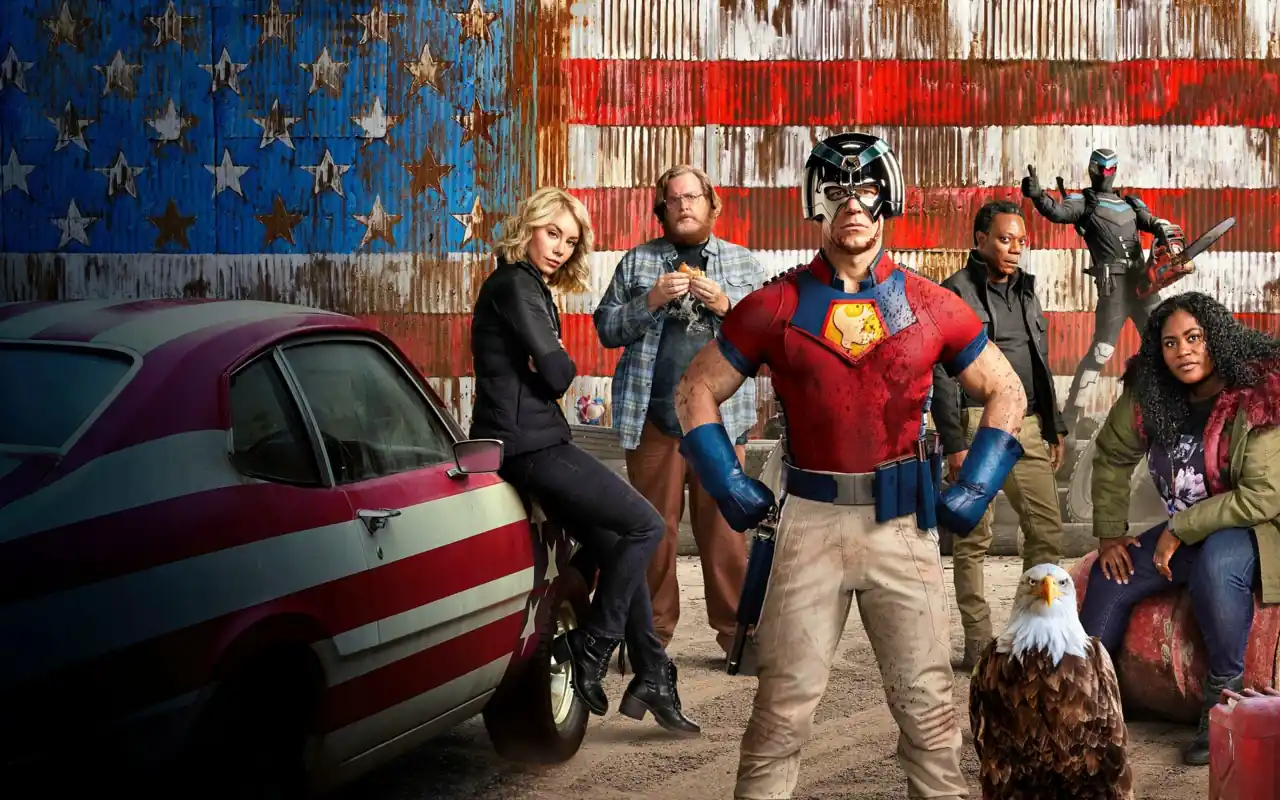

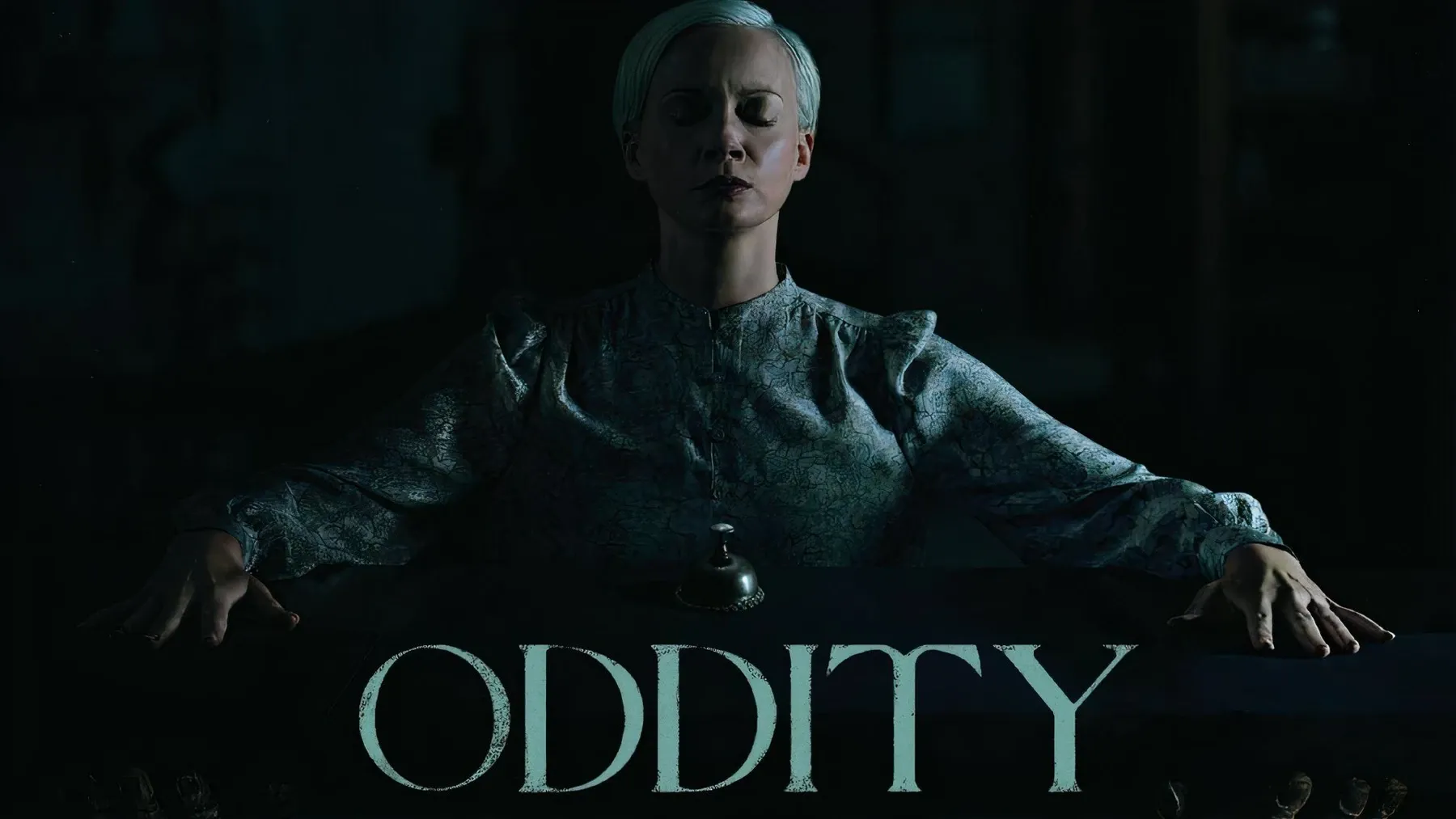
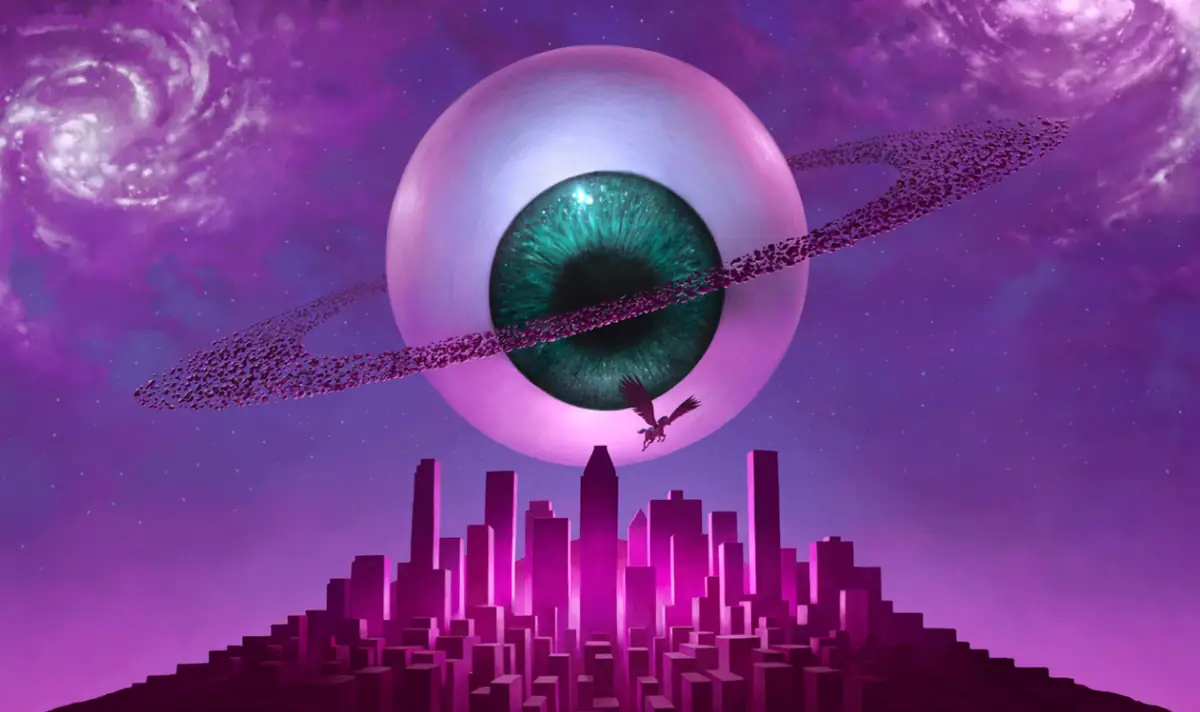
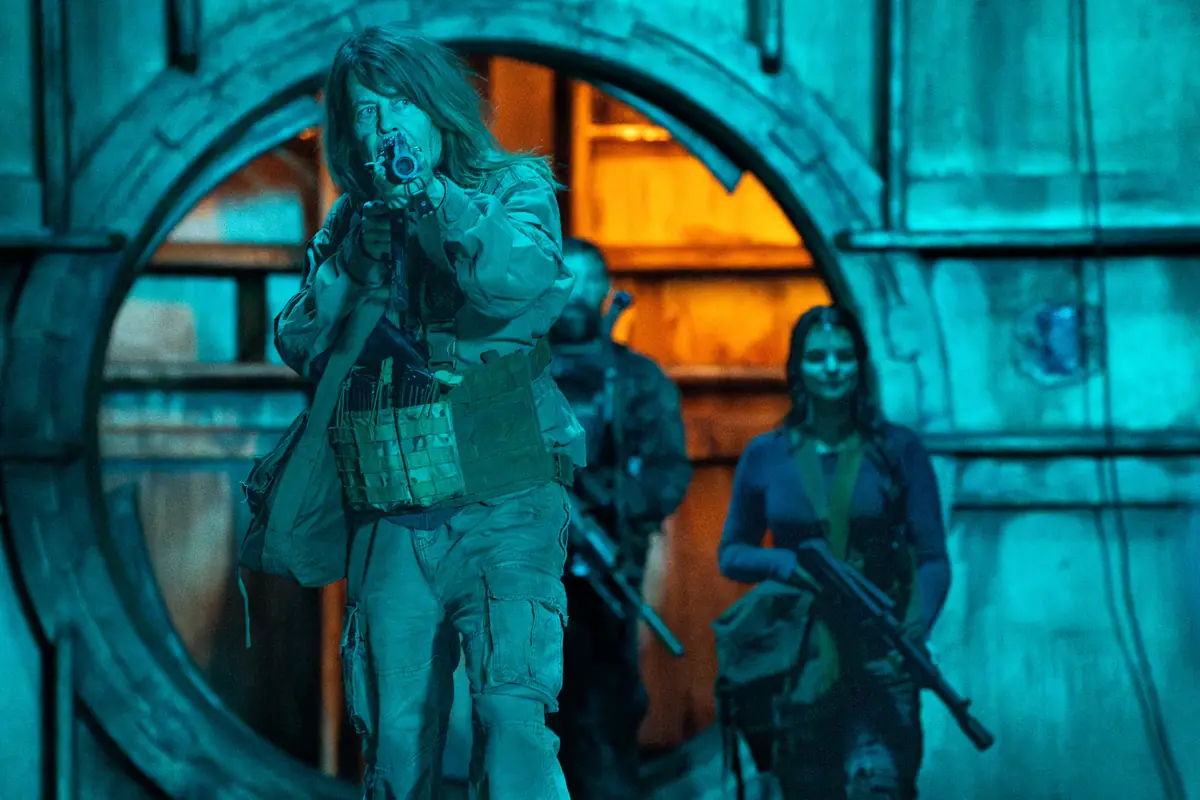

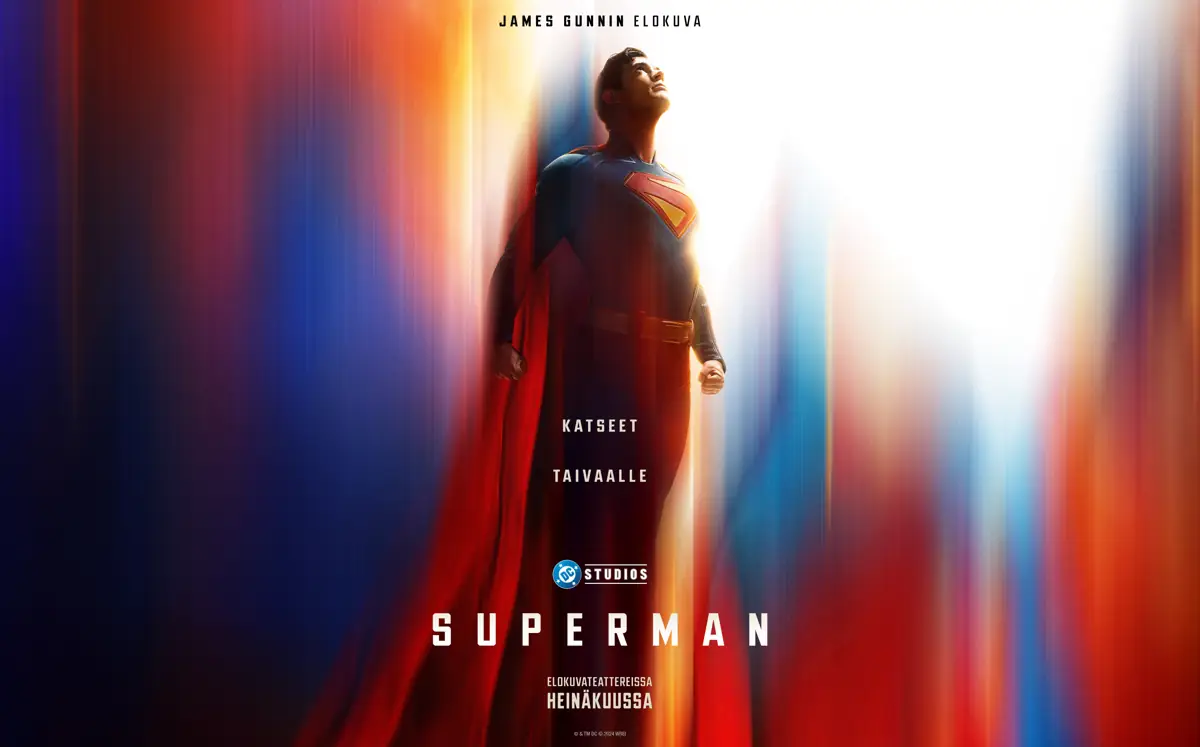

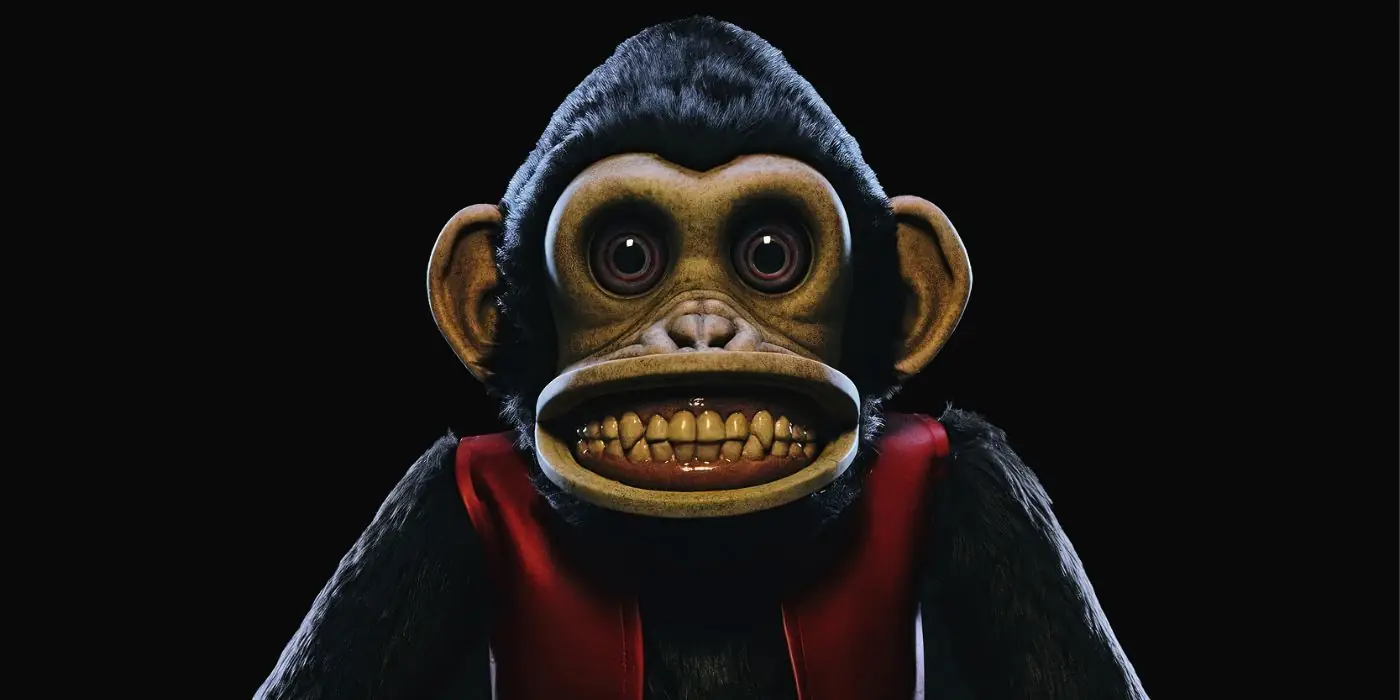
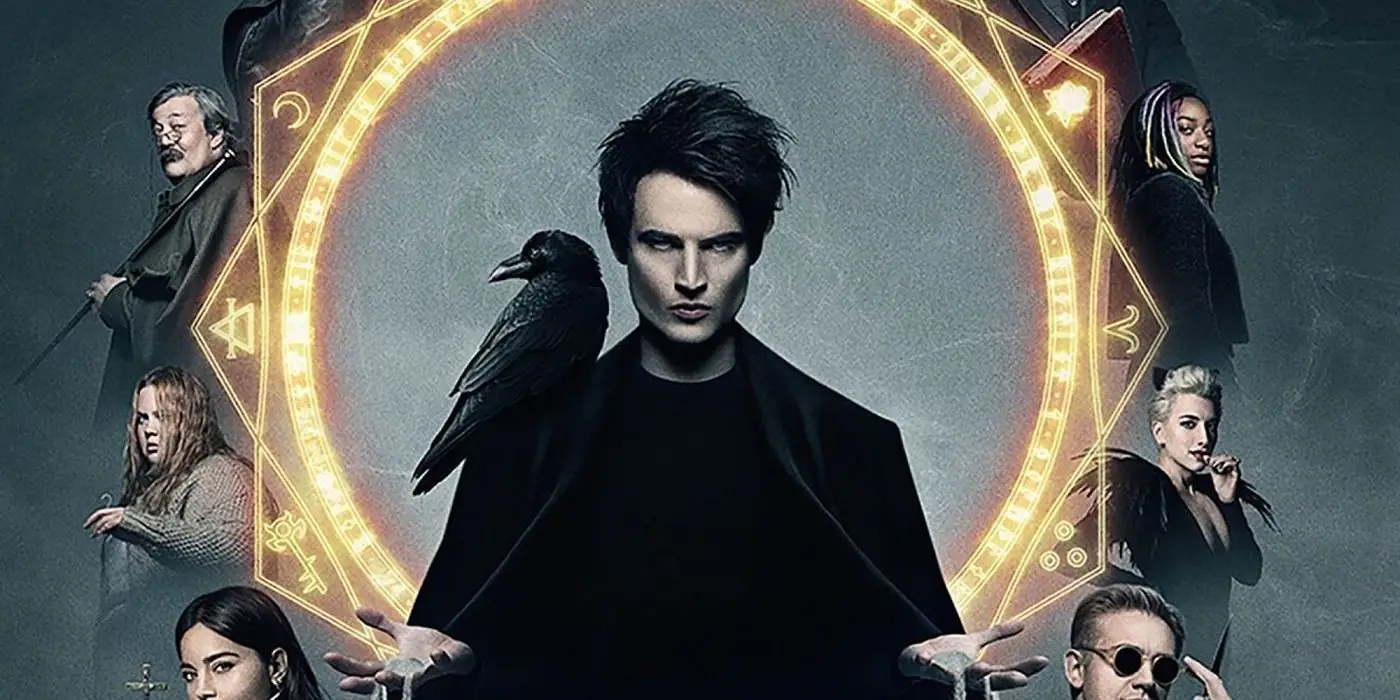
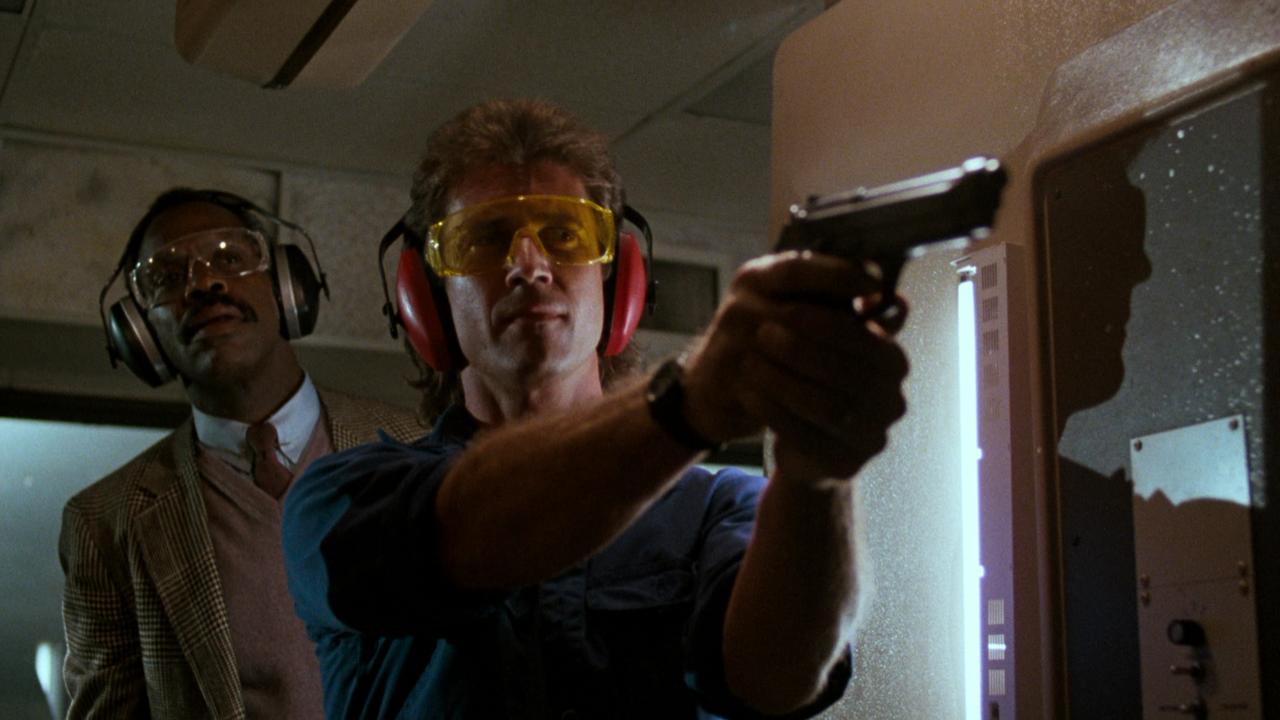


Discussion